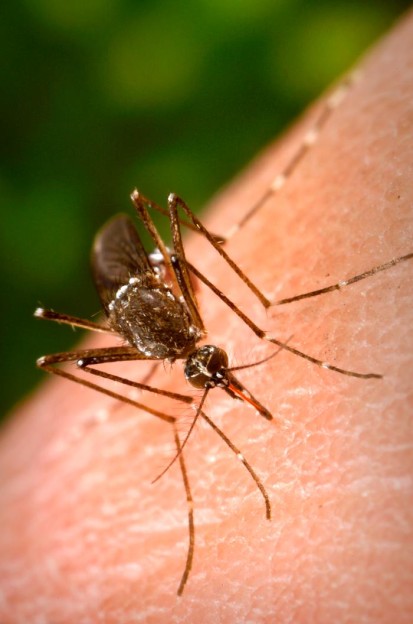By NewsDesk @infectiousdiseasenews
Taiwan’s Department of Disease Control on Friday reported (computer translated) the first locally transmitted chikungunya case in a 20-year-old woman from Yongningli, Tucheng District, New Taipei City.

This is the first ever indigenous chikungunya case in Taiwan.
She has no history of traveling abroad and she lives in an area where where foreign migrant workers gather.
She developed an onset of symptoms that included fever, joint pains, a headache and a rash on July 21. Testing for dengue fever and measles was negative, after which the diagnosis of chikungunya was confirmed.
There has been 17 chikungunya cases reported in Taiwan year-to-date, 16 imported and this lone indigenous case.
Six have come from Myanmar, four from Maldives, two from Indonesia, and one each from Thailand, the Philippines, Malaysia and India.
Chikungunya is a viral disease transmitted to humans by infected mosquitoes. It causes fever and severe joint pain, which is often debilitating. Other symptoms include muscle pain, headache, nausea, fatigue, and rash.
The disease shares some clinical signs with dengue and Zika, and can be misdiagnosed in areas where they are common. As there is no cure, treatment is focused on relieving the symptoms.
Peak dengue season in Singapore: 8000 cases, 5x last years number
Philippines: Eastern Visayas dengue count exceeds 6300, DENV-3 the dominant strain in the country
Asia: Multi-drug resistant malaria strain spreads in Vietnam, Laos and parts of Thailand
Thailand dengue cases near 50K, Officials will ‘find measures to contain’
Japan reports more than 3,000 syphilis cases in first half of 2019

